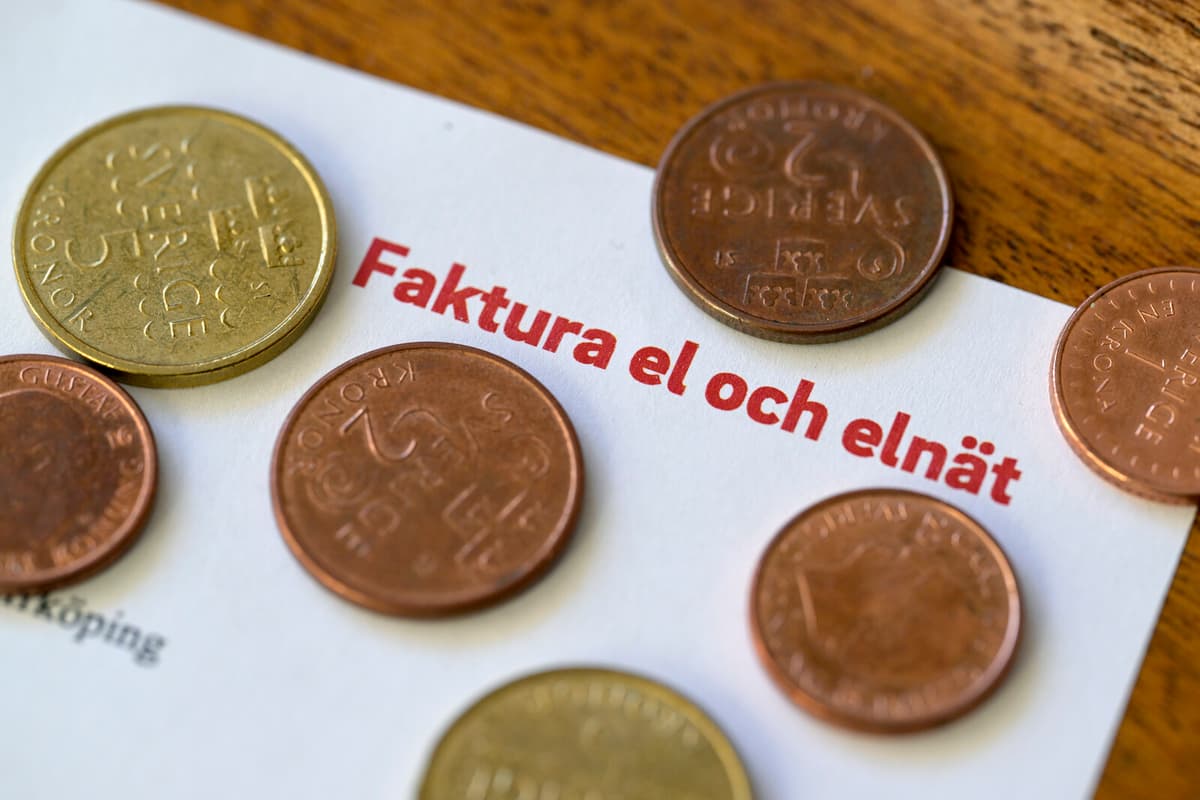A windless Germany is described as the villain in the electricity price drama. Then the high prices spread to the southern half of Sweden, where the price in electricity areas 3 and 4 skyrocketed to 5 kronor per kWh on Wednesday afternoon.
On Thursday, the prices become even higher and approach record levels, at least in the last 10-15 years. According to the electricity exchange Nord Pool, the price will exceed 8 kronor per hour on Thursday evening in electricity areas 3 and 4. Even the average over the day becomes extremely expensive, with southern Sweden reaching over 3.50 kronor/kWh. On top of the exchange price, electricity tax, VAT, and grid fee of over one krona are added.
With increasingly weather-dependent electricity production, sun and wind, primarily in Germany, it is these fluctuations that one must count on, according to electricity analyst Johan Sigvardsson at the electricity trading company Bixia.
Entrepreneurs in, among others, Skåne are furious, they have contacted the South Swedish Chamber of Commerce, which warns that thousands of jobs are at risk.
We share that anger. One has known about this situation since before and done too little. Electricity areas 3 and 4 have Europe's worst access to effect, says Per Tryding, CEO of the Chamber of Commerce.
New system
The prices have clearly skyrocketed since Svenska Kraftnät switched to so-called flow-based capacity calculation on October 28. The purpose is more electricity transfer between electricity areas, but critics feared higher electricity prices.
That has happened, but it is unclear if there is a connection.
We can conclude that this flow-based capacity calculation, which was supposed to even out prices in any case in the short term, has not delivered, says Johan Bruce, energy responsible at SKGS, the organization for the electricity-intensive basic industry.
For now, the price differences between north and south are extreme. Eight kronor at times in Svealand and Götaland, and almost free in Norrland.
Like during the electricity price crisis
But one can imagine that this new calculation has strengthened the connection to the continent more than it has helped internally, speculates Johan Bruce.
Right now, the monthly price in southern Sweden points to a bit over one krona per kilowatt-hour (kWh) on the electricity exchange. It has not been this high since 2022 when the electricity price debate was at its hottest with energy support to households and companies as a result.






